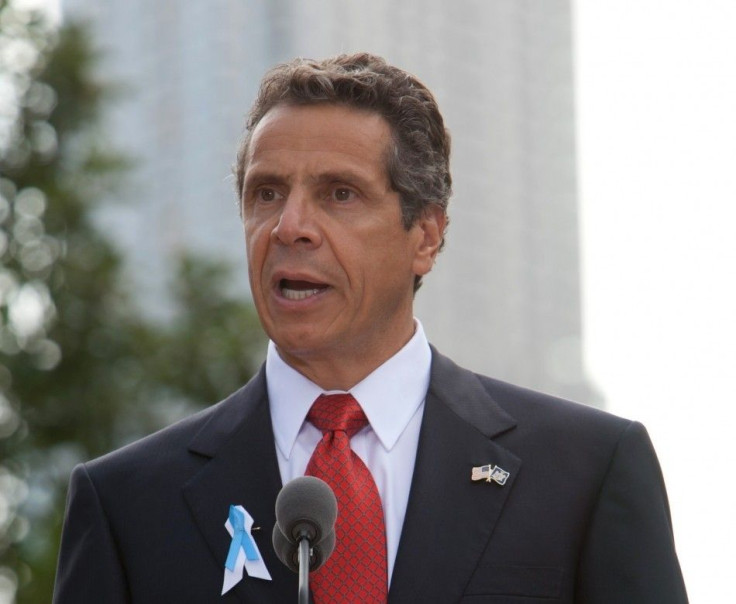New York Teachers' Unions Agree on Evaluation System

New York's state education department and teachers union reached a deal on Thursday over a system to evaluate educators, breaking an impasse that had imperiled nearly $1 billion in federal education aid.
Under the agreement, school districts will base 40 percent of their teacher ratings on student test scores, with the other 60 percent to be comprised of more subjective factors such as classroom observations and student or parent feedback. Each of New York state's school districts has until Jan. 17 to negotiate specific formulas with their respective unions.
New York City reached a separate agreement with its union, the United Federation of Teachers, over the process through which teachers labeled as ineffective can appeal that designation. Teachers who receive poor ratings two years in a row can face termination, and talks between the city and the union collapsed in December over disagreement about the appeals process.
New York was one of 11 states to win a competition known as Race to the Top, in which states competed for federal education dollars by proposing education reforms. But the issue of teachers stymied New York's progress, and a January report from the federal Department of Education warned that New York was dangerously behind schedule.
Cuomo on Education System
The forces that protect this bureaucracy have stymied reform at every turn, and as a result, hundreds of millions of dollars in education funding are now at risk, New York Gov. Andrew Cuomo has said in a statement.
The governor imposed a Feb. 16 deadline to strike an agreement, and he announced the compromise on Thursday with hours to go.
Today's agreement puts in place a groundbreaking new statewide teacher evaluation system that will put students first and make New York a national leader in holding teachers accountable for student achievement, Cuomo said in a statement.
Accountability has become the guiding mantra of the modern education reform movement, and with it has come a renewed focus on holding teachers responsible for their work -- both rewarding successful teachers and punishing ineffective ones. As a result, the debate over how to accurately evaluate teachers has proved highly contentious.
While most educators agree that student test scores should play a role, critics warn that relying on testing data is a rigid way of gauging performance that doesn't take into account a range of factors including students' varying backgrounds and levels of proficiency.
--
© Copyright IBTimes 2025. All rights reserved.





















